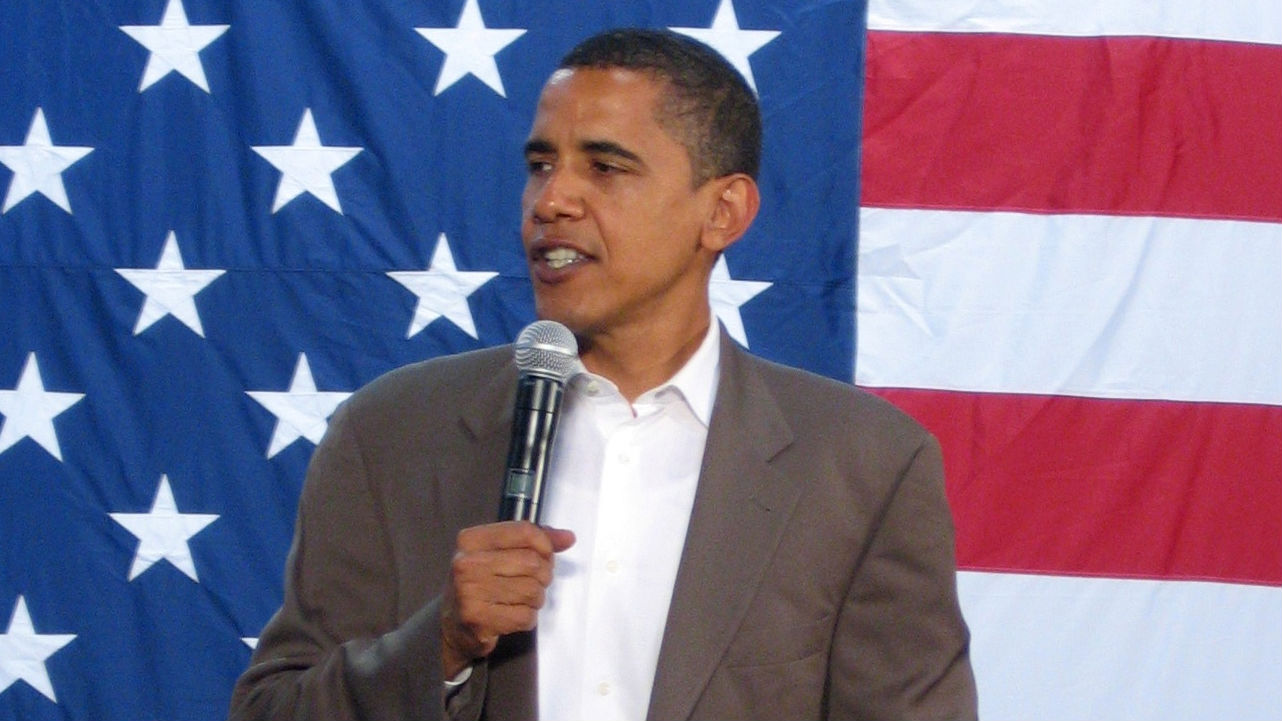Technology & Innovation
All Stories
What nobody wants to say: the real looming deficit problems are medical. Health costs must be controlled. The rest is peanuts, says former Clinton labor secretary Robert Reich.
Less than a decade after the dot-com bust, a number of entrepreneurs and venture capitalists are wondering if investments in tech start-ups are headed toward another big bust.
After consumer data is mined by companies, a hypothetical computer program would return the data to consumers so individuals can modify their buying habits in earth-friendly ways.
The debate over net neutrality is reaching a new phase, says Matt Warman. One that depends on defining the nature of the Internet: is it a simple utility or is privileged access allowed?
Forget slashing tires. You can trick a cheating ex into thinking he has an STD…or worse. Lucy Knight on the strange, and often murky, market for cybervengeance.
Analytically, the task of deficit reduction is simple: cutting expenditures and raising rntaxes, says Nobel Laureate Joseph Stiglitz in his plan to reduce long-term budget deficits.
We can start changing attitudes to pay inequality by looking each other in the eye and asking each other what we earn – without pride, without bitterness.
The Federal Reserve has made public an enormous trove of data about the emergency measures it took during the worst of the credit crunch and the ensuing recession.
2010 marks the first year that the U.S. will have a national strategy and implementation plan for combatting HIV/AIDS domestically.
What happens when an industry concerned with the production of culture is beholden to a company with the sole goal of underselling competitors?
As anyone who has walked through an Ikea knows, stores are increasingly designed to draw your interest into the depths of an ecstatic shopping experience.
Will a new clean energy industry—the production of wind turbines and solar cells—be able to replace the manufacturing jobs which have vacated the Rust Belt states?
Comcast has become the quintessential broadband bully—an image that is part outside perception, part self-fulfilling prophecy. Here is a look at Comcast’s missteps along the way.
The mobile device has become such a ubiquitous technology that it is redefining the way we engage with people, information, and companies. It is changing society’s social fabric.
This huge uproar might make you think that QE2 represents some radical shift in the Fed’s mission. It doesn’t, says The New Yorker in defending the Federal Reserve’s monetary policy.
WikiLeaks plans to release an American bank’s damning internal documents early next year, the website’s leader Julian Assange has told Forbes Magazine.
Given the Internet’s decentralized structure, it is virtually impossible to shut down this outlaw conduit and its public releases of secret government and corporate information.
The job of the media is not to protect the powerful from embarrassment. It is for governments to guard public secrets, and there is no national jeopardy in WikiLeaks’ revelations.
Five centuries ago, Gutenberg’s printing press was the new technology that swamped the world with data. What can we learn about our own times from the event?
Social media have increased the volume of our communications yet diminished the substance of them. Neal Gabler reviews Facebook’s new initiative to replace email.
A surplus margin of military superiority does not buy increased national security, says Paul Pillar, director of graduate studies at Georgetown University’s Security Studies Program.
Just what is the point of Twitter? The Telegraph speaks to its chief, Dick Costolo, and two of its founders, Evan Williams and Jack Dorsey, in a bid to find out.
A Chinese consumer society would improve the lives of hundreds of millions of people in China and once again give hope to world economic growth, extending benefits outward.
The best – and the worst – predictions for the newspaper industry don’t always come true. When Eddie Shah famously broke the print unions at his Stockport print and distribution […]
Europe’s bail-out fund is not big enough to handle the country next in line: Spain, the euro’s fourth-biggest economy, with a GDP bigger than Greece, Ireland and Portugal combined.
In embracing a common technology—text messaging—a new online platform provides a fast, cheap and easy way to share ideas, connect them together and improve communities.
Brands regarded as exclusive, arrogant, daring or trendy are beginning to suffer severe declines in popularity, while those associated with quality, reliability and durability are rising.
Harvard law professor and crusader against usurious banking practices, Elizabeth Warren is building a consumer watchdog agency that is making powerful banks nervous.
Recent marketing research suggests that both profligate spenders and penny pinchers will leave shopping malls with a sinking feeling this holiday season.
The limited-time-only nature of Black Friday triggers an innate fear of scarcity that drives people to buy, buy, buy. Psychologists say bargains appeal to human nature.


